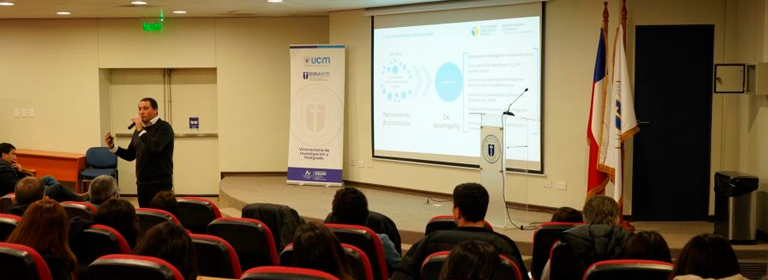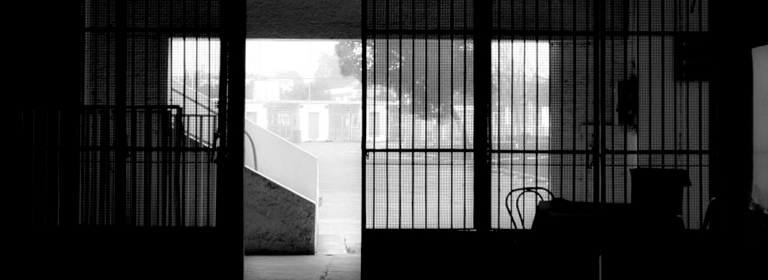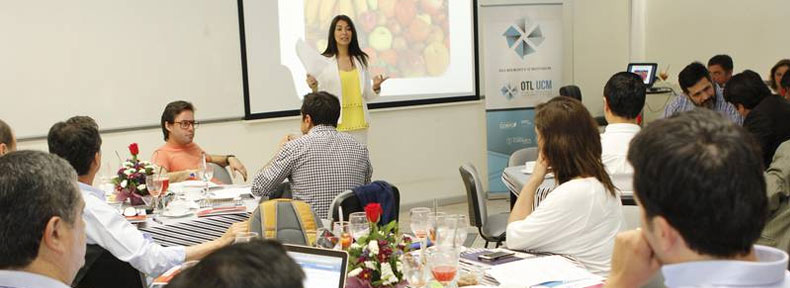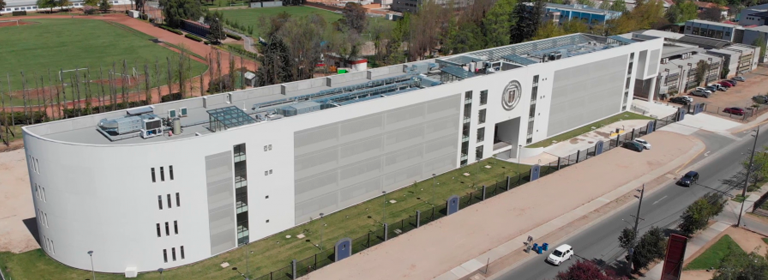Academics from other universities congratulated the progress of the Department of Research in University Teaching (DIDU), part of UCM, which has now become a national reference.
 Experts have described UCM as a «reference point» in the articulation of universities addressing the challenge of perfecting teaching.
Experts have described UCM as a «reference point» in the articulation of universities addressing the challenge of perfecting teaching.
«The work of this campus is great, and in fact, the national network of research in teaching, which involves 43 percent of campuses, is already being coordinated from here. Talca has been a reference point for articulating and mobilizing other institutions,» said Ricardo Garcia, director of the Center for Development and Innovation in Teaching (CeDID) at the Catholic University of Temuco.
García, who holds a doctorate in Education Sciences, made these statements during an Inter-University Conference on National Experiences in Teaching Research, held by the institution:
«I came mainly to share what UC Temuco and the Center have done to promote research in teaching, such as the lines that favor research and a diploma program. Basically, the idea is to show a package of initiatives for academics who want to do research,» he added.
The Department of Research in University Teaching (DIDU) at the Universidad Católica del Maule was established in November last year. It began as a small area within the campus and shortly after it was already leading collective efforts.
«I showed what we have been doing at the Universidad Diego Portales, in line with what the CNA asked us this year to promote new standards. We have been working since 2019 and perhaps our processes are more systematized. That is what we shared», said Carla Gajardo, professional of Curricular and Teaching Development at the UDP.
Alejandro Almonacid, Director of DIDU and PhD in Physical and Artistic Activity, pointed to cultural change as the most transcendent objective for UCM:
«This is not a linear process; it is gradual and progressive change, which requires that we promote a culture for research, so that all professors, regardless of their discipline, want to innovate in teaching and in building knowledge, and so that the process is more participatory, more dialogic and felt deeper by each student, because at the end of the day what we want is to make a positive impact on classroom teaching,» he said.













